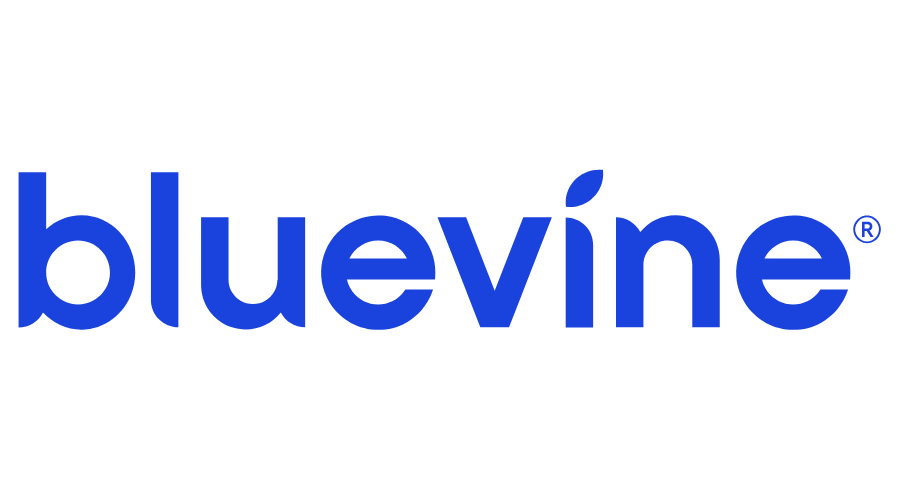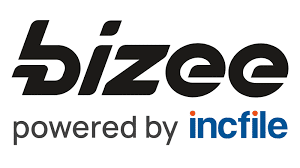Starting your first LLC sounds exciting until you realize how much money it actually takes to do it right. And no, it’s not about having $50k in savings. It’s about planning. The kind of planning that sets you up to launch with confidence and get funding when you need it.
If you want your business to be legit from the beginning, you need to get your finances in order before you file anything. This blog breaks down exactly how to prepare financially before launching your first LLC, with a clear checklist you can follow. We’ll cover budgeting, banking, expenses, and what you need to secure funding. Let’s get into it.
Why Financial Prep Matters Before You File
Most people rush into forming their LLC without a plan. They get excited, file the paperwork, and then realize they can’t afford their next steps, like building a website, running ads, or hiring help. Worse, they have no system in place to manage money once it starts coming in. If you want to be taken seriously by clients and investors, and not panic every time a bill hits, you need a simple pre-launch plan.
Step 1: Estimate Your Startup Costs
You don’t need a perfect number. You just need to know what you’re walking into.
Here are common LLC startup costs:
- LLC formation fees: Varies by state ($50 to $500)
- Registered agent service: Around $125/year (or free if you do it yourself)
- Business license or permits: Depends on your niche and location
- Website + domain: About $50 to $100/year
- Branding and software tools: Like Canva Pro, QuickBooks, Notion, Google Workspace
- Marketing: Optional but useful ads, design, or promo tools
Set up a basic spreadsheet and total it up. Most people can launch with under $1,000 if they keep it lean.
Step 2: Open a Business Bank Account
This is a must. You need to separate personal and business finances from day one. It keeps your books clean, protects your liability status, and helps when applying for funding.
Open your account with a business banking platform like Bluevine or Relay. No fees, no minimums, and easy integration with accounting software.
High-Yield Business Checking: Earn 1.5% APY on balances up to $250,000 with the Standard plan when meeting monthly activity requirements. Upgrade to Plus or Premier plans to earn up to 3.7% APY on balances up to $3 million, without activity requirements. Digital Tools for Business Management: Access features like mobile check deposit, bill pay, sub-accounts for budgeting, and integration with accounting software like QuickBooks and Xero. Bluevine offers an online banking solution tailored for small businesses. Its combination of high-interest earnings, minimal fees, and digital tools makes it an attractive option for entrepreneurs seeking efficient financial management.
Get up to 3.7% APY, discounts on most Standard payment fees, and no monthly fees.
Fee-Free Banking: No monthly fees, overdraft fees, or minimum balance requirements. Enjoy unlimited transactions and free standard ACH transfers.

Get $100 when you fund a relay account
Key Features
Multiple Checking Accounts: Open up to 20 individual checking accounts to organize finances for operations, payroll, taxes, and more, facilitating better cash flow management.
Integrated Expense Management: Issue up to 50 physical or virtual debit cards with customizable spending limits, and capture receipts directly within the platform to streamline expense tracking.
Accounting Software Integration: Seamlessly sync transactions with popular accounting tools like QuickBooks Online and Xero, simplifying bookkeeping and financial reporting.
Why We Recommend It
Relay offers a fee-free, online banking solution tailored for small businesses, providing tools that enhance financial clarity and control. Its user-friendly interface and robust features make it an excellent choice for entrepreneurs seeking to manage their finances efficiently.
Pros & Cons
- No monthly fees or minimum balance requirements
- Ability to open multiple checking accounts for detailed budgeting
- Direct integration with major accounting software
- No physical branches; entirely online banking
- Does not support cash deposits
- Advanced features like accounts payable automation require a paid plan
Step 3: Set Up a Simple Budget
Now that you know your costs, decide how you’ll pay for them.
- Use savings: Aim to cover your first 3–6 months of basic expenses
- Keep a buffer: Have a cushion for surprises (software upgrades, rush client requests, etc.)
- Track your money: Use a free budget tool like Wave or a Notion template
You don’t need a full financial model. Just track what’s going in and out.
Step 4: Know Your Income Plan
Don’t just launch and hope clients show up.
Ask yourself:
- How will the business make money in the first 30–90 days?
- How many sales, projects, or clients do you need to break even?
- Are you offering packages, hourly rates, or retainers?
If you’re not sure yet, map out a starter offer or minimum viable product (MVP). You can adjust it later, but you need something to start with.
Step 5: Build Business Credit Early
Once you launch, you’ll want access to funding. But to get approved for anything, you need a clean business structure and credit profile.
Start by:
- Getting an EIN (free from IRS.gov)
- Applying for a business credit card in your LLC’s name
- Making small purchases and paying them off monthly
This helps you build your Paydex score with vendors and boosts your fundability.
Step 6: Pre-Launch Checklist — What Every Entrepreneur Needs Before Seeking Startup Capital
Here’s your go-to financial readiness list before you try to raise money or apply for business credit:
- LLC formed (or paperwork ready to file)
- Business name secured
- EIN obtained from the IRS
- Business bank account opened
- Simple budget created
- Income plan mapped
- First offer or service defined
- Website or landing page ready
- Business email set up (not Gmail)
- Clean bookkeeping system
- At least 30 days of tracked transactions
- Business credit card application submitted
- Optional: Registered agent set up with services like Northwest, Bizee, or Tailor Brands to stay compliant

- Special $39 pricing to form your company
- Well-established and trusted service
- Includes free registered agent service for 1 year ($125 value)
- Privacy is guaranteed so your info stays off public records
- Fast filing and processing times
BEST OVERALL FOR BUSINESS FORMATION
- Form your LLC for $0 + get an extra 35% off
- Includes branding and tax assistance
- Access to a 24/7 priority support team
- Fast and efficient LLC filing services
- Expert guidance throughout your business journey
BEST FOR QUICK AND AFFORDABLE BUSINESS FORMATION

- Pricing starts at $0 + state fees (although we recommend 99% of users choose the Gold or Premium plans)
- Free registered agent service for 1 year
- Easy-to-use dashboard
- No hidden fees and no contracts
- 24/7 fast and friendly customer service
BEST FOR EFFORTLESS BUSINESS FORMATION
Once all this is in place, you’re not just legally ready, you’re financially ready. And that makes a huge difference when you pitch to investors or apply for credit.
Bonus Tip: Use Revenued to Access Startup Capital Without a Credit Check
If you’ve set up your LLC, opened a business bank account, and started making revenue, even a small amount, you may qualify for up to $100K with no personal credit pull.
Key Features
Business card with no credit check, based on revenue instead
Flexible spending power that grows with your business
Cashback rewards on every purchase
Why We Recommend It
The Revenued Business Card is ideal for small businesses that need flexible funding but don’t qualify for traditional credit. It’s based on your revenue, not your credit score, making it easier to get approved and grow.
Pros & Cons
- No credit check required
- Cashback on all purchases
- Fast approval and access to funds
- Only available to businesses with consistent revenue
- Daily repayment model may not suit everyone
Revenued is a business card and funding platform that gives you capital based on your cash flow, not your credit score.
It’s a great option for first-time founders who want to grow fast without giving up equity or racking up personal debt.
Final Thoughts
Launching your LLC isn’t just about filing paperwork. It’s about building something that’s sustainable and fundable. When your finances are in order, everything else gets easier: clients trust you more, banks approve you faster, and you don’t burn out trying to stay afloat.


